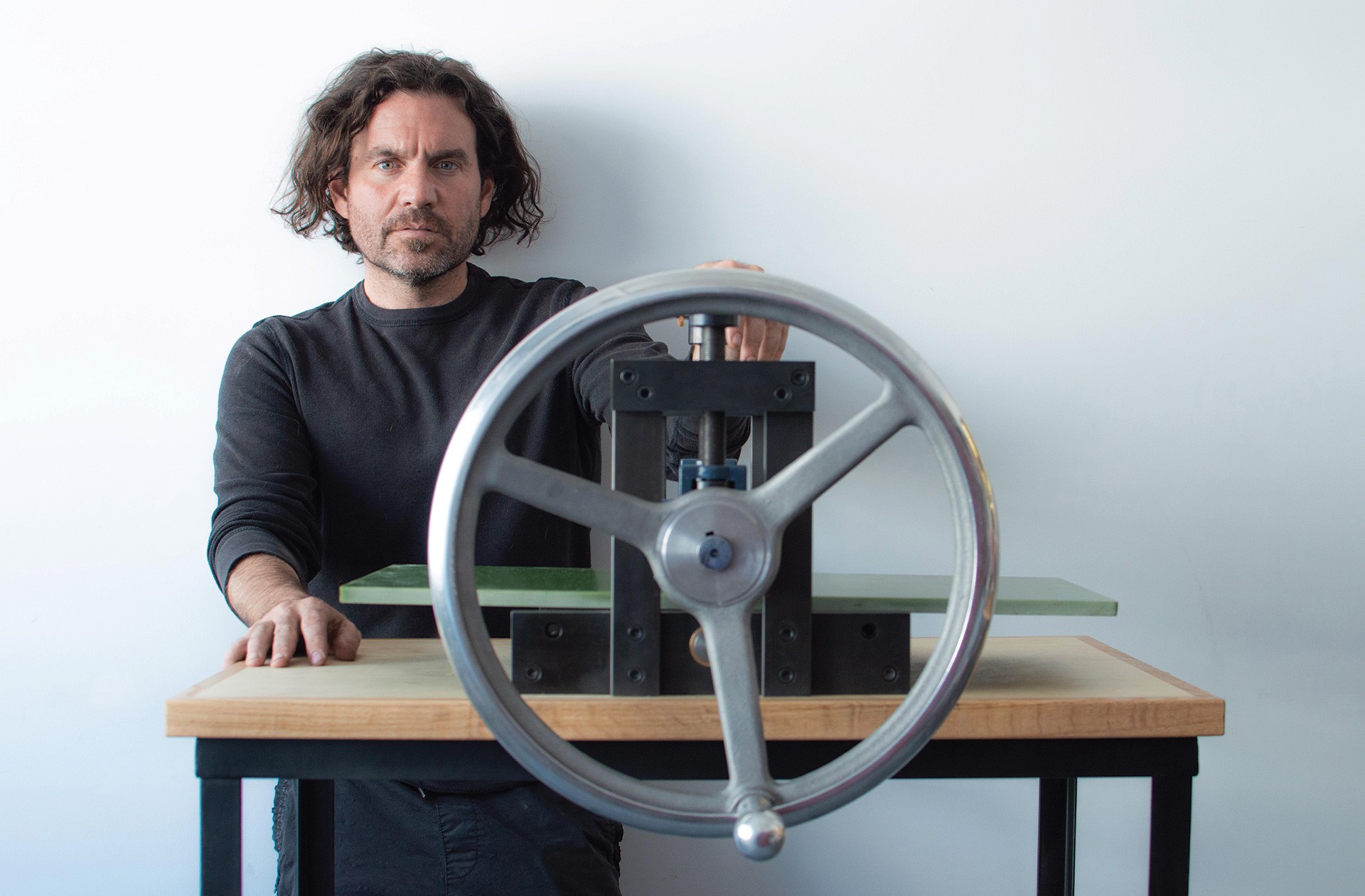COVID AGILITY
Navigating the pandemic imaginatively
2022 HIGHLIGHTS
Montreal-led global study helps explain vaccination rates and hesitancy
A Montreal-led international survey of global attitudes around the COVID-19 pandemic is looking closely at what drives people to become vaccinated against the virus and what motivates those who are still avoiding it.
“The largest drivers behind people getting vaccinated are all altruistic,” says Simon Bacon, professor of health, kinesiology and applied physiology and one of the survey’s principal investigators. “There is a feeling that they are doing the right thing. In contrast, those who are unvaccinated are more concerned about the vaccine’s safety and efficacy and whether vaccination will allow them to go to events.”
The data shows that coercive methods to increase vaccination rates, such as vaccine passports, are generally popular in Canada. However, they may not be as effective at boosting vaccination rates because they don’t counter fears that the vaccine is either ineffective or unsafe.
COVID-19 is not influenza but offers lessons on beating it
In a paper published in the journal Frontiers in Public Health, two Concordia researchers and their colleagues showed the number of flu cases in Canada, the United States, Australia and Brazil dropped significantly in 2020-21 — thanks to COVID-19. The authors found a clear relationship between the implementation of COVID-mitigation measures, such as hand-washing, masking and social distancing, and a decline in the spread of the annual flu in the northern hemisphere.
“We also observed that as COVID-19 cases went up and down in different ways, influenza was basically annulled across both the north and south hemispheres. That speaks volumes about how contagious COVID-19 is compared to influenza,” says Jovana Stojanovic, a postdoctoral fellow in health, kinesiology and applied physiology and the paper’s lead author.
 Mitch Mitchell
Mitch Mitchell
Fine arts faculty and staff step up for students
Elaine Denis, a studio arts technician, worked with a team of faculty and staff over the summer to prepare five different take-home kits, designed for both in-person and remote-learning contexts, for nine sections of the Fibres and Material Practices program. Denis personally delivered half a dozen kits to students around Montreal and the Eastern Townships region in Quebec at the start of the fall 2021 term.
Mitch Mitchell, an interdisciplinary artist and associate professor of print media of studio arts, sought to figure out if there was a better, more efficient and costeffective way of producing a tabletop printmaking press for students during the university lockdown, since the on-campus presses were not available.
“I set out to redesign the press from the ground up,” he says. “The result is a far cheaper, smaller, lighter, more efficient and easy-to-make press than is commercially available — the only one available with its specs in Canada.”